The Wellsprings of Eternal Joy
203 pages
Extrait
‘True joy is not the result of anything visible or tangible. It is joy without a reason, given to us simply by our sense of existing as a soul and spirit. So instead of waiting to possess something or someone in order to feel joy, you must do the opposite: rejoice in the existence of people and things, for the joy you receive from them will give you the sense that they belong to you. Whatever gives you joy belongs to you, while what belongs to you doesn’t necessarily give you much joy. You truly possess everything that gives you joy, and far more so than if you owned it.’
Table des matières
1 - God, the beginning and end of our journey
2 - Beginning the journey
3 - Suffering is a stimulus
4 - Seeking God’s answers within
5 - In the school of life: the lessons of Cosmic Intelligence
6 - ‘Like a fish in water’
7 - A commitment to heaven
8 - Forging ahead fearlessly
9 - The light of the spirit should be our only guide
10 - Our place on the cosmic Tree
11 - ‘Going abroad’
12 - Patience: its unexpected treasures
13 - And all beings will follow you on this path of joy
14 - Always reach for new heights
15 - So that love will never leave us
16 - Opening the doors to the dream world
17 - The long road to joy
18 - Visits from angelic beings
2 - Beginning the journey
3 - Suffering is a stimulus
4 - Seeking God’s answers within
5 - In the school of life: the lessons of Cosmic Intelligence
6 - ‘Like a fish in water’
7 - A commitment to heaven
8 - Forging ahead fearlessly
9 - The light of the spirit should be our only guide
10 - Our place on the cosmic Tree
11 - ‘Going abroad’
12 - Patience: its unexpected treasures
13 - And all beings will follow you on this path of joy
14 - Always reach for new heights
15 - So that love will never leave us
16 - Opening the doors to the dream world
17 - The long road to joy
18 - Visits from angelic beings
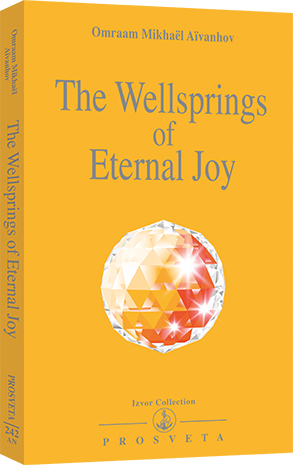
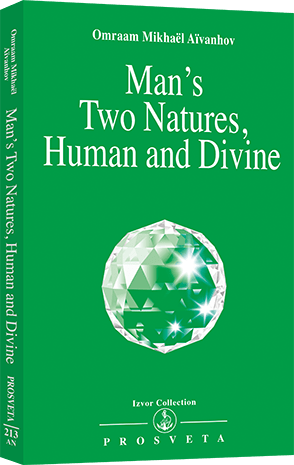
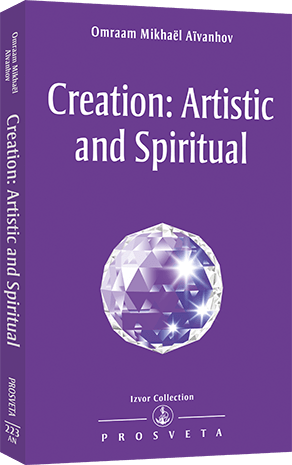

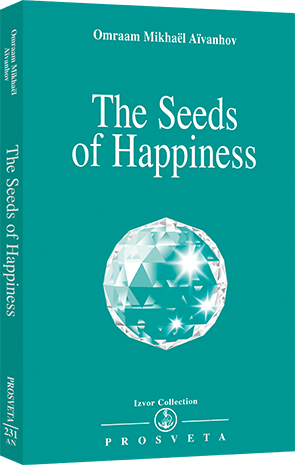
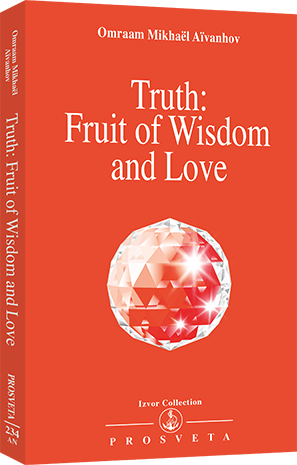

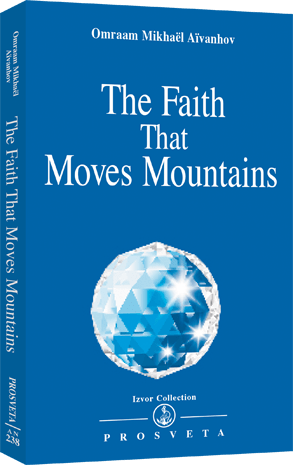

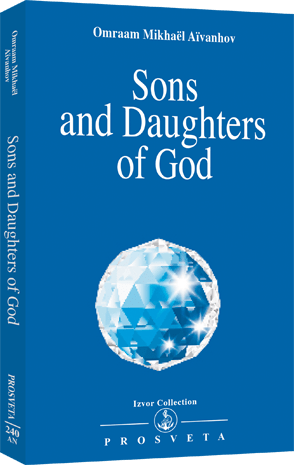
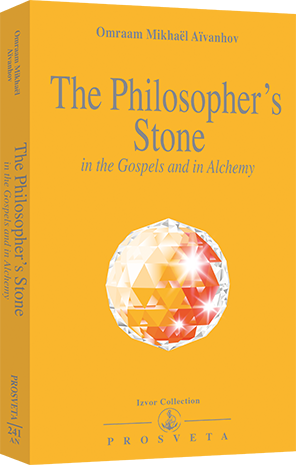


Immune yourself against suffering.
One of the most important faculties is to rejoice, not to possess. Joy is in our higher nature and pain is in our lower nature. So if we want to taste real, eternal joy, we must seek to live in soul and in spirit. They alone have the power to project us into infinite space for the higher nature lives and resides in eternal light and eternal bliss.